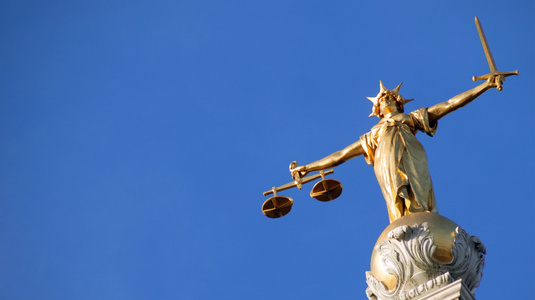Are quantum technologies relevant for the energy and utilities sectors? (Guest blog by Digital Catapult)

This blog explores three new sister quantum technologies: quantum computing, quantum sensing and quantum communications for the energy and utilities sectors. Use cases include using quantum computing to optimise networks and detect network faults, using quantum sensing to detect underground structures and methane leaks, and quantum key distribution and quantum-safe encryption to encrypt data.
Quantum computing - hype or opportunity?
There has been a lot of coverage of quantum computing recently, and users may be left wondering whether quantum computing provides business opportunities, or is marketing hype.
Qubits differ from classical bits
Quantum computing differs fundamentally from classical computing used in laptops and smartphones. Qubits, the quantum equivalent of classical bits, can be in quantum “superposition” states of both “0” and “1” simultaneously. Parallel processing over many qubits in superposition can give quantum computers huge benefits over classical computers.
The NISQ era
In the current Noisy Intermediate Scale Quantum (NISQ) era of quantum computing, devices are small, and qubits are error prone. In the future physical qubits will be grouped into logical qubits and quantum error correcting codes will detect and correct errors in the physical qubits before the logical qubit is corrupted, providing fault tolerance.
The future of quantum computing
Shor’s factoring and Grover’s search algorithms will require universal, fault tolerant quantum computers with thousands of logical qubits and millions of physical qubits. Even though there are a wide range of different quantum technologies, and the number and reliability of qubits continues to increase, such devices may be decades away. The largest device today, the IBM Osprey chip has only 433 qubits.
The search is on for algorithms that can be run with NISQ era hardware. Most near-term algorithms are either hybrid, variational algorithms, where a classical computer optimises a quantum device, or use quantum annealing devices. The best candidates for utilities and telecoms are algorithms for quantum optimisation, that could be used to optimise networks, and quantum machine learning, that could detect network faults.
Quantum sensing
Quantum sensors transform the exquisite sensitivity of qubits from a bug to a feature. Gravitational quantum sensors can detect buried objects, like pipes and cables, and will prevent delays and damage during network maintenance work. Gravitational sensors are being miniaturised for commercial deployment. There have been commercial trials of quantum sensors that can detect minute amounts of methane.
Quantum communications
Shor’s algorithm has the potential to crack encrypted messages. Although “cryptographically significant” devices are in the future, it will take a long time to change legacy encryption to use “quantum safe” encryption schemes. Since encryption is important for the energy and utility sector, organisations in these sectors need to have a strategy to make this transition and should start to understand which encryption schemes they rely on. Quantum key distribution and quantum random number generation are relevant for messages that are particularly sensitive.
To conclude
Quantum technologies will disrupt the energy and utility sectors. It is important to understand these technologies and have a strategy in place to realise their benefits, and guard against their risks.
Technology access program
A good way to get started on quantum computing is to join a user-led technology access programme, like the program Digital Catapult is developing for the quantum data centre of the future with partners including ORCA computing, Riverlane, BT and Kets. This free programme is likely to include training and education, a chance to discuss quantum technologies with experts, simulation of quantum algorithms, and hands-on time with the ORCA PT-1 photonic quantum computer. Please mail [email protected] to express an interest.
Daniel Goldsmith, Quantum Computing Technologist, Digital Catapult,
Email [email protected]
Get involved with our work
All of techUK’s work is led by our members – keep in touch or get involved with our work on transport and infrastructure by joining our groups.





